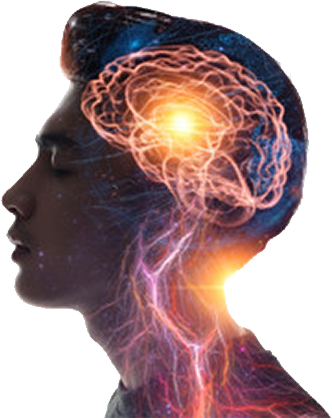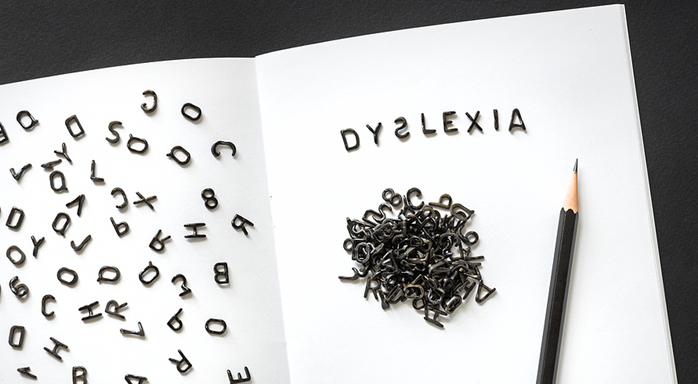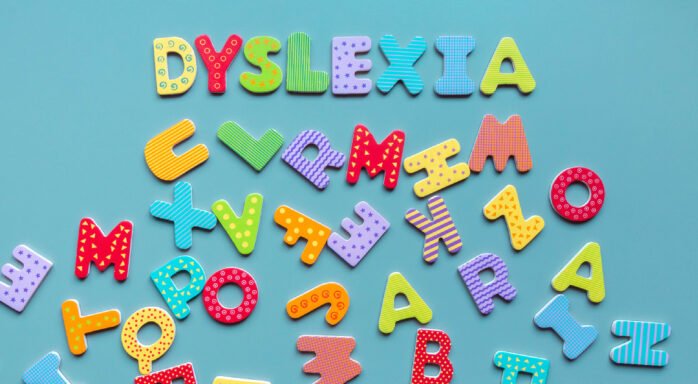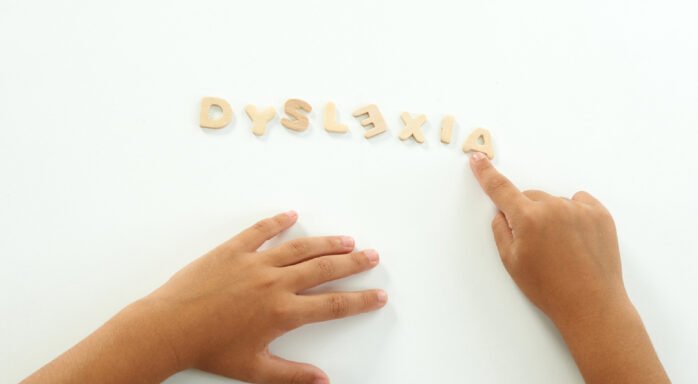As parents, it’s normal to wonder whether your child is developing in the way they should be. However, some children may need
Singapore Brain Development Centre
Our Location
1 GOLDHILL PLAZA #01-11 S(308899)
Blog


SCHEDULE A COMPLIMENTARY CONSULTATION
BLOG Articles
Dyslexia is the most common learning disorder. Language sounds are challenging to understand, recognise and use for those with dyslexia. Children with dyslexia may struggle with sounding out words and might read certain words backwards, such as reading “dog” as “god”.
Dyslexia is one of the most common learning difficulties, affecting children and adults worldwide. It impacts an individual’s ability to read, write,
For parents of children with dyslexia, homework can be a source of significant stress. Dyslexia is a learning difficulty that affects the
Sensory processing refers to how the brain interprets and responds to information from the senses, such as touch, sound, sight, and movement.
Children with attention issues, including ADHD, often find it difficult to focus, stay on task, and manage their impulses. These challenges can
Sensory integration therapy (SIT) is an approach designed to help individuals better process and respond to sensory information from their environment. Whether
ADHD, autism, and dyslexia are three distinct conditions, but they often overlap in ways that can complicate diagnosis and treatment. These developmental
As parents, it’s normal to wonder whether your child is developing in the way they should be. However, some children may need
Dyslexia is one of the most common learning disabilities. Dyslexia involves problems processing written and spoken language and may cause an individual
The content provided is for educational and informational purposes only.










